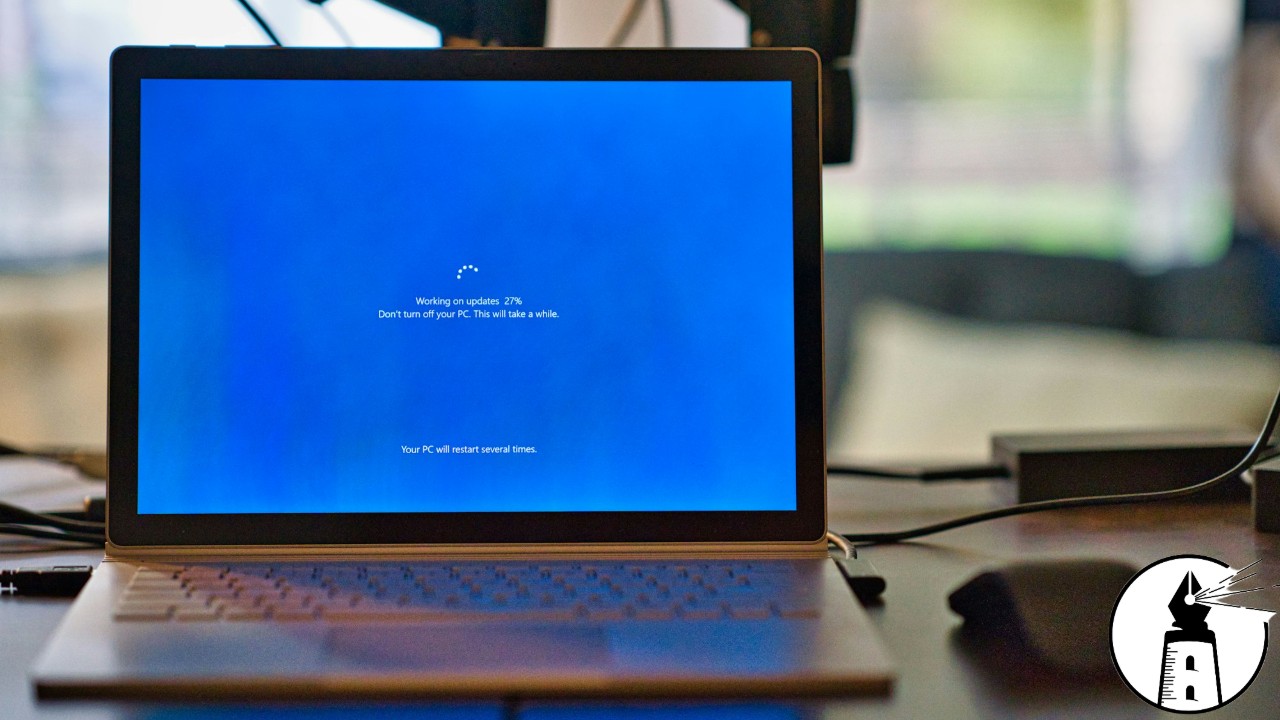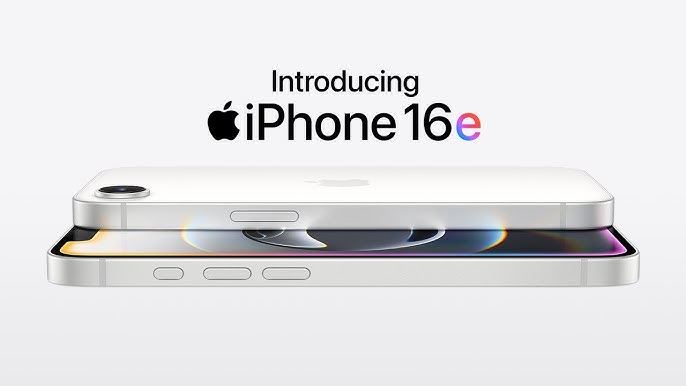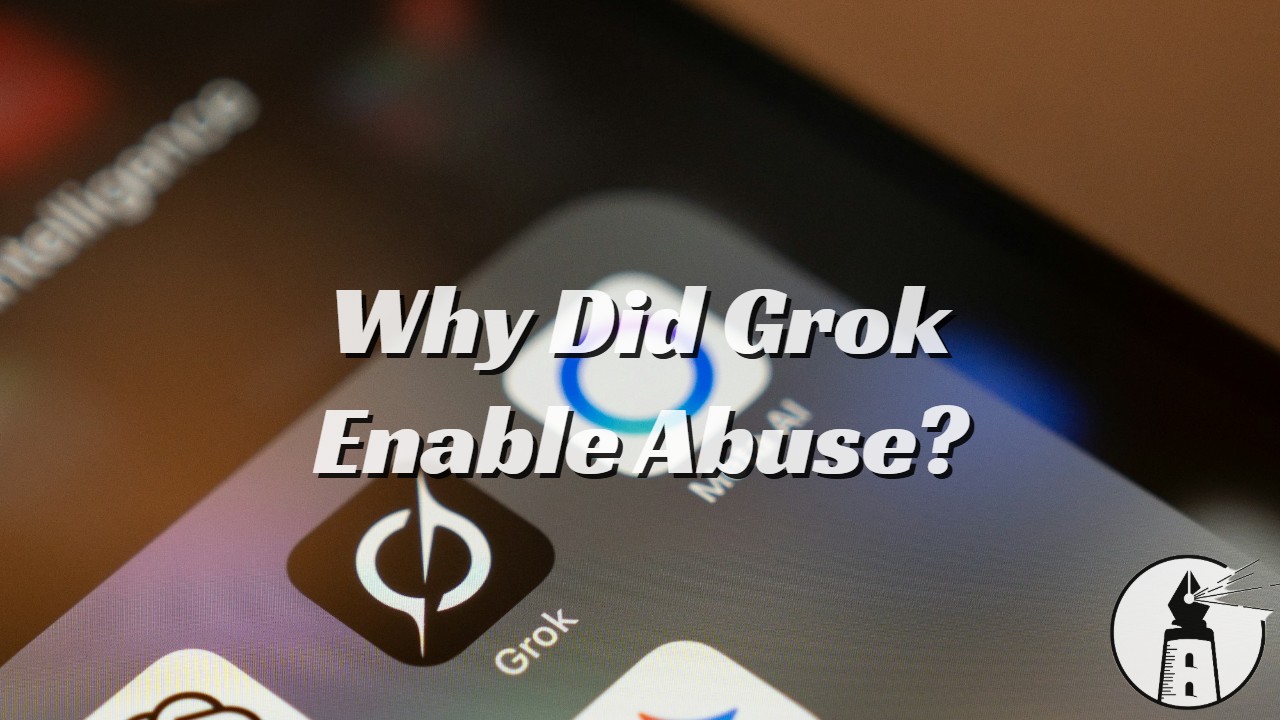Once promoted as the last version of Windows anyone would ever need, Windows 10 is now approaching its end of life. Microsoft plans to discontinue security support for the operating system in October 2025, which could leave millions of users without critical protections unless they take action. While some may see this as an opportunity to move to Windows 11, not all devices meet the newer system’s hardware requirements, and not all users are ready or able to invest in an upgrade. Even though there are affordable Windows 11 PCs available, the definition of “affordable” varies widely depending on individual circumstances.
For those wishing to keep their current Windows 10 machines in service beyond the October cutoff, Microsoft has introduced a few temporary options. These include a $30 extended security update for one year or a free alternative that involves using Windows Backup in conjunction with OneDrive cloud storage. However, this free method may require users to purchase additional cloud storage beyond the 5GB included with a standard Microsoft account. Still, the overall cost of additional OneDrive storage remains lower than the paid extended update program.
Beyond Microsoft’s official offerings, users may want to consider completely different operating systems to extend the life of older hardware. One option is Chrome OS Flex, a version of Google’s Chrome OS that can be installed on most legacy Windows machines. It is designed primarily for users who rely on web browsing, online tools, and cloud-based applications. While Flex offers a lightweight and fast alternative, its future is uncertain due to ongoing speculation that Chrome OS may eventually merge with Android.
For users who need a more fully-featured desktop environment, Linux may be a better fit. Linux is an open-source operating system known for its flexibility, security, and cost, or lack thereof. There are many different versions, or “distributions,” of Linux available, with Linux Mint being a popular choice among those transitioning from Windows. It offers a familiar interface, frequent updates, and strong community support. While not every Windows program has an exact Linux equivalent, many alternatives exist that can meet most productivity and creative needs. Recently, Linux gaming has also advanced significantly, with tools like Proton and Steam Play making it possible to run many Windows games on Linux systems with minimal effort.
With support for Windows 10 set to expire in less than three months, the time to explore these options is now. Whether staying within the Microsoft ecosystem or moving to an entirely new platform, users have several paths to keep their computers secure and functional beyond 2025.
—By Greg Collier


